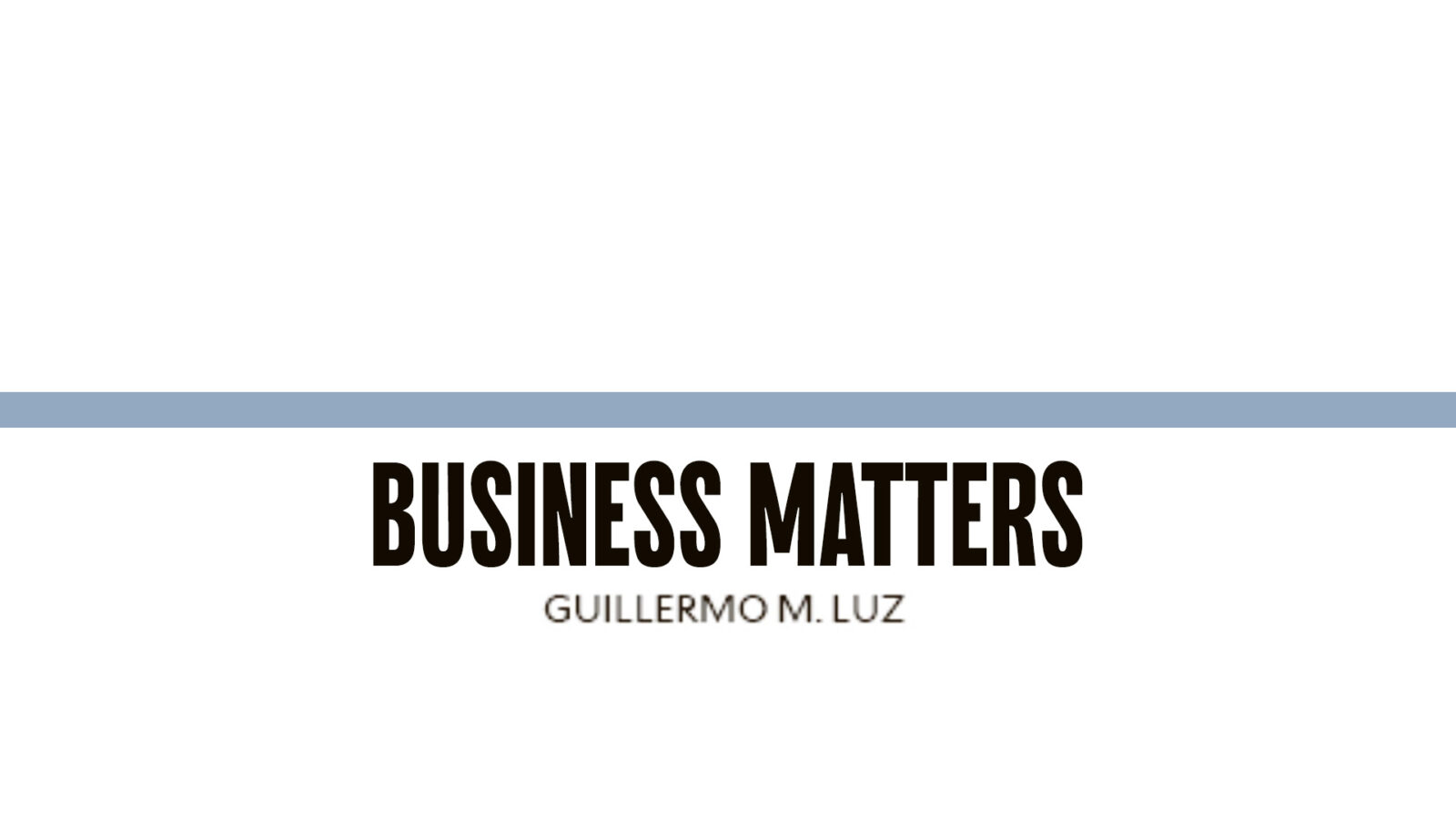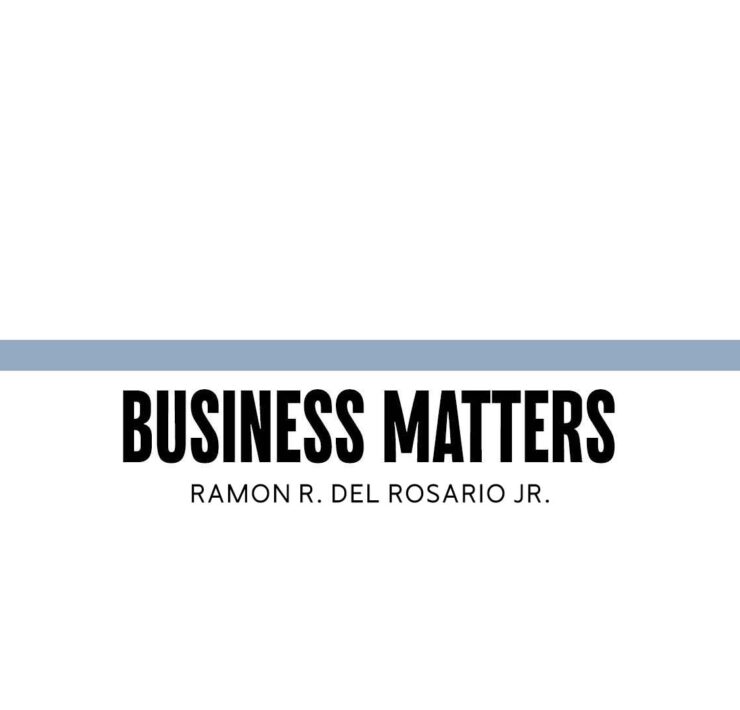Greatness of spirit

In a world wracked by so much conflict, turmoil, and social injustice and faced with such issues as malnutrition, lack of education, poor access to basic services, poverty, climate change, and environmental degradation, it is easy to become disheartened and take a pessimistic view of the world. This is why it is so refreshing to discover people who do good, who make lives better, and who help create a better world. The truth is many good people and institutions work tirelessly against all odds to help the marginalized and to promote causes. They work with passion, grit, and resolve to right the wrongs and to change the lives of the disadvantaged.
For the last 67 years, the Ramon Magsaysay Award Foundation has searched for and awarded individuals and organizations that demonstrate this greatness of spirit in service to the people of Asia. There have been over 350 awardees, including the Dalai Lama, Mother Teresa, Akira Kurosawa, former President Corazon Aquino, and Miyazaki Hayao, among many others.
The award was named in honor of Ramon Magsaysay, the seventh president of the Philippines, who died in a plane crash in 1957. Magsaysay believed that the government existed for the service of the nation. The award was created to recognize his ideals and the service he rendered to the country.
This year’s winners come from India, the Maldives, and the Philippines.
The Foundation to Educate Girls Globally (from India), or simply Educate Girls, was founded in 2007 by Safeena Husain when she returned to India after graduating from the London School of Economics and working in the United States. Educate Girls brings unschooled girls in rural, disadvantaged communities into the classroom. In regions where cultural norms often keep girls from studying, the organization mobilizes families, communities, and government partners to ensure that girls enroll in school, stay in school, and gain the credentials needed for further education or work.
Beginning in Rajasthan, Educate Girls introduced a results-based model and in 2015, launched the world’s first Development Impact Bond in education. From an initial 50 pilot schools, the group has expanded to 30,000 villages, reaching more than 2 million girls with a retention rate above 90 percent. Local volunteers play a key role, going door-to-door to find out-of-school girls and support their transition into formal schooling.
Educate Girls also expanded into education for girls aged 15 to 29, enabling them to complete their education and seek better opportunities. From a start of 300 students, the program has reached over 30,000.
Educate Girls succeeded in breaking two barriers: a societal one, which prevented girls from getting an education, and a structural or systemic barrier, which brought financial resources into education.
Shaahina Ali from the Maldives is an environmentalist and photojournalist who has dedicated herself to protecting the environment. The Maldives, Asia’s smallest country, is made up of 26 atolls and 1,200 coral islands. It is 99 percent ocean and 1 percent landmass. To the average tourist, the Maldives is a tropical paradise, but the growth of the tourist industry has created an ocean of plastic waste, which has to be either burned or thrown into the ocean for disposal.
Shaahina recalls a time when spotting plastic in the ocean was rare, but as pollution grew, she joined Parley for the Oceans in 2015 to help protect Maldivian waters and turn plastic waste into livelihood opportunities. Now, as the executive director of Parley Maldives, she drives the group’s AIR strategy: Avoid, Intercept, and Redesign, to tackle plastic pollution at its source.
Under her leadership, Parley Maldives organizes cleanups, education campaigns, and recycling programs that have collected tons of plastic, some of which are repurposed in Germany into products like running shoes. She also partners with the tourism sector to cut plastic use and works with the government on climate initiatives, helping protect both the environment and local communities.
Fr. Flaviano “Flavie” Villanueva of the Philippines focuses on caring for the poor, homeless, and families of victims of the previous administration’s “war on drugs.” He founded the Arnold Janssen Kalinga Center, which offers shelter, food, and symbolic “cleansing” showers to help restore dignity and give people a fresh start.
He also leads efforts to recover the bodies of victims of extrajudicial killings so their families can grieve properly. His advocacy has drawn government scrutiny. In 2020, he was charged with sedition (later dropped in 2023). He continues to face death threats.
While all three awardees are engaged in very different work, they have a few things in common. They all work with the marginalized, giving them a second chance at transforming their lives. They have all shown that greatness of spirit that our world sorely needs.
—————-
Guillermo M. Luz is a member of the board of trustees of the Ramon Magsaysay Award Foundation.
—————-
Business Matters is a project of the Makati Business Club (makatibusinessclub@mbc.com.ph).





















How about a nationwide ceasefire?